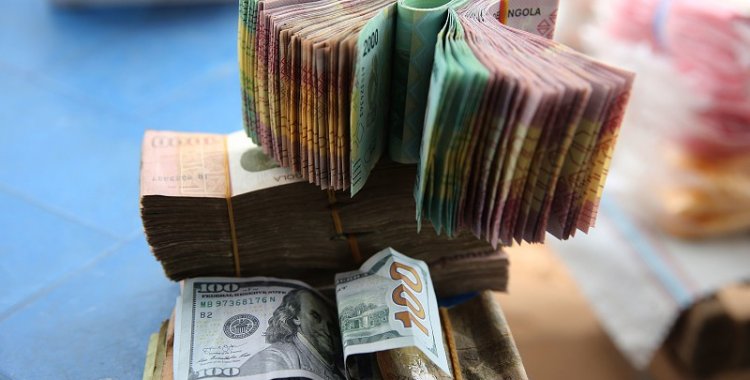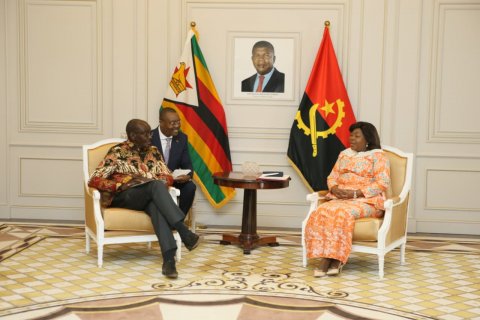The Special Contribution on Current Invisible Foreign Exchange Operations focuses on transfers made within the scope of contracts for the provision of foreign technical assistance services, management or unilateral operations, according to article 15 of the OGE bill that was generally approved on Wednesday.
This special contribution was introduced for the first time in 2015 to address the reduction in tax revenues, caused by changes in the price of a barrel of oil on the international market, and was revoked in 2021.
In an interview with Radio Nacional de Angola (RNA), the Minister of Finance, Vera Daves de Sousa, explained that the executive decided to reintroduce the tax on transfers abroad with a double objective.
On the one hand, to address the drop in revenue taking into account debt service commitments, without harming the social sector and, on the other, to "give a significant increase" to the Ministry of Agriculture's budget.
Vera Daves admitted that debt service "will be challenging" next year, explaining that the alternative would be to cut spending in all budget units, including health and education.
"We had to think of solutions to prevent this from happening, to protect the social sector and be able to increase the budget of the Ministry of Agriculture and have a budget to capitalize the funds and the BDA [Development Bank of Angola] to support the agenda of diversification", he highlighted.
The minister said that this measure will allow additional revenue to be mobilized and alleviate pressure on exchange rates.
"Under normal conditions, the central bank could take measures to restrict the amounts transferred abroad due to less currency available, but the executive understood that it is better to restrictive measures in terms of price than flows", he stated, in the interview to the RNA, justifying that "whoever can pay, pays", which is preferable to failing to make transfers "because a limit has been set".
"It was from this perspective that the measure was thought of and we hope that it will help us protect the social sector and reinforce agriculture and create spaces so as not to create restrictive measures for those who want to transfer", she added.
According to the proposed law, the special contribution applies to natural or legal persons governed by private law and public companies domiciled or headquartered in national territory who apply to a financial institution to carry out transfers covered by this regime.
The calculation basis is the amount in national currency, the object of the transfer, with settlement and payment being carried out by bank retention at the time of the transfer abroad.







